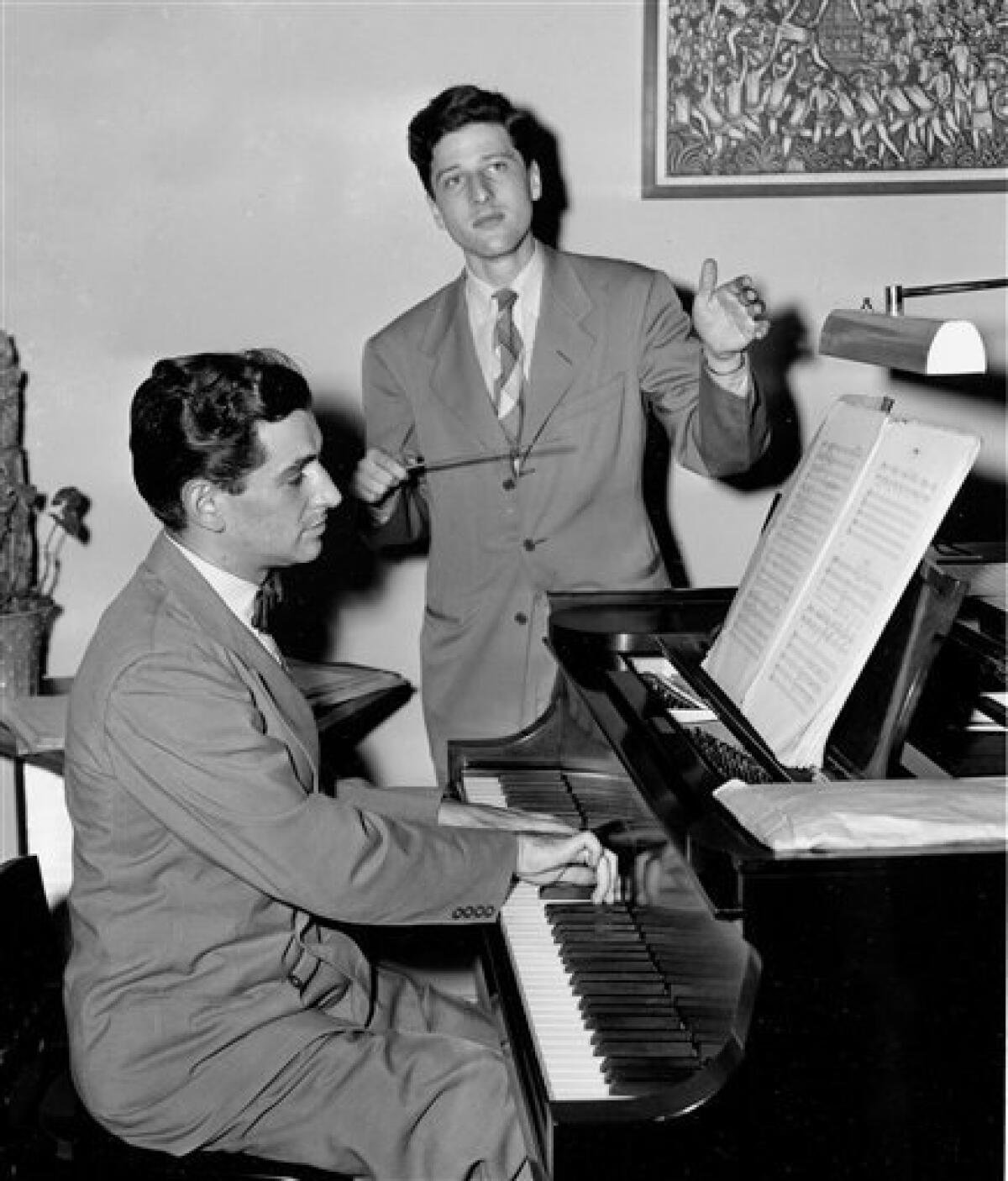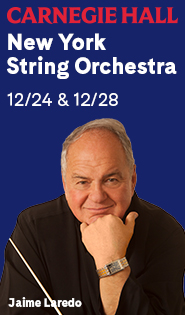Great chamber music played with polish and zeal by NY Philharmonic members

Sunday afternoon at Merkin Hall was the time for another installment of the New York Philharmonic’s “Ensembles” series: small groups of the orchestra’s musicians coming together to play chamber music.
The program was worthy—Eugene Goossens’ Pastorale et Arlequinade, the chamber version of Lukas Foss’ Time Cycle, and Schubert’s Octet—and assembled in a pleasant motley.
The odd mix seemed attributable to recent circumstances As bassist Blake Hinson mentioned introducing the Schubert after intermission, the piece was originally scheduled for a concert canceled during the Covid shutdown; and apparently Sunday was the right day to target for rehearsals and performance. And despite a few tiny flaws, it was given a fine performance that was clearly well-prepared.
As was the whole concert. The biggest draw of this series is the chance to hear individual voices from the orchestra, and the invigorating impression of just how fine these musicians are never wears thin. That comes out not just through their technical skills—the level of precision and refinement across all the pieces was extremely high—but the verve of the playing.
There is a personal commitment to these pieces that starts with introductory words from the musicians. For Goossens’ trio, those came from oboist Sherry Sylar (playing with flutist Mindy Kaufman and pianist Eric Huebner), who was fascinated with discovering the occult erotica scandal that ended Goossens’ conducting career. (With many families in the audience, she kept it relatively circumspect.)
The trio is a colorful, lyrical piece in French style (Sylar aptly compared it to Les Six) with an emphasis on elegant phrases and bright rhythms. Intonation between the two winds was exceptional, and Sylar had a wonderful, buttery sound in the piece. Huebner brought out all the lusciousness in the harmonies.
As percussionist Daniel Druckman pointed out, Time Cycle is both one of the great works of 20th-century American modernism and one with a long association with the Philharmonic (which commissioned the orchestral version during the Bernstein era). He also introduced Barrett Ham, the orchestra’s newest member substituting on clarinet, praising the young musician’s ability to tackle the music on short notice.
Ham was integral to an ensemble that played with sensitivity and absolute coordination. Along with clarinet and percussion, the lead in the piece was soprano Jamie Jordan, with Huebner and cellist Carter Brey. The work is roughly expressionistic, but with a slender transparency and a subtly plain way with the texts (from Auden, A.E. Housman, Kafka, and Nietzsche); Jordan’s silvery sound and fluttering vibrato meant she could carry the words and music with an ethereal focus, seemingly effortless but with a sharp edge.
Around her, the instrumentalists passed around pitches and timbres, weaving them into a cocoon of sound. This was especially evocative for the third section setting phrases from Kafka’s diary. The combination of anxiety and contemplation was remarkable.
The performance exemplified a commitment to blending instrumental sounds in the chamber setting, and that was masterful in Schubert’s Octet. Hinson was joined by clarinetist Pascual Martínez Forteza, bassoonist Julian Gonzalez, hornist Richard Deane, violinists Hannah Choi and Alina Kobialka, violist Vivek Kamath, and cellist Sumire Kudo, all playing with great unanimity in rhythms and phrases, as one in the overall form of the piece.
Individual voices were impressive, especially Deane’s rich, warm sound, Forteza’s mellow, understated expression, and Kobialka’s rhythmic drive and accents. She and Hinson made for an exciting pair that drove the music in the finale, the bassist playing with fluid dexterity. The sound and sensation was lovely throughout, though there were moments in the Adagio and Andante and Variations that felt slightly sluggish, even as the tempos were fine.
Perhaps that was just a bit of fatigue. This is a long piece and several in the audience were not prepared for the dimensions of the Octet, and didn’t make it to the end. They missed a powerful final movement that moved from churning, aggressive darkness to great release and joy in the end.
The New York Philharmonic plays Bernard Herrmann’s soundtrack to Vertigo live with the film, January 23-26. nyphil.org


Posted Jan 16, 2024 at 10:39 am by Maureen M
Pleased to see this chamber music gem reviewed. The weather held off on Sunday afternoon so as not to discourage a packed house from experiencing what was a unique program at Merkin Hall.
As one who is discovering composers such as Foss and Goossens along with a Schubert Octet not found in the NY Phil’s programming for the big hall, it was a thrilling afternoon. The introductions of each piece by members of the orchestra were witty and charming, along with the opportunity to experience their artistry up close.